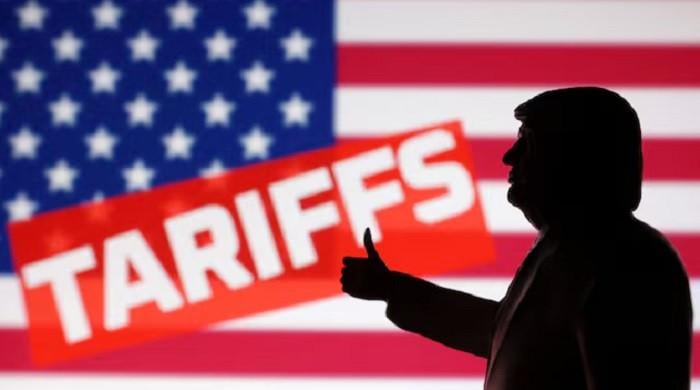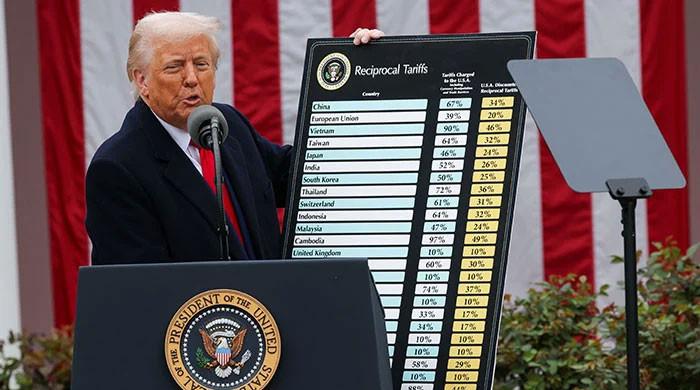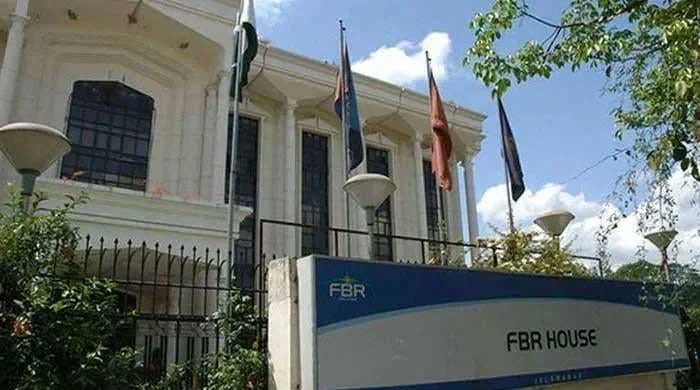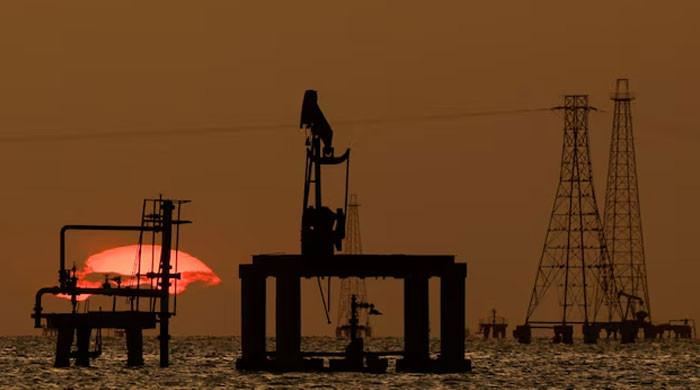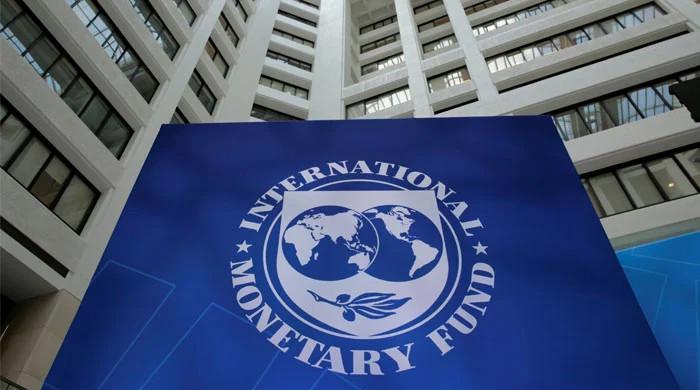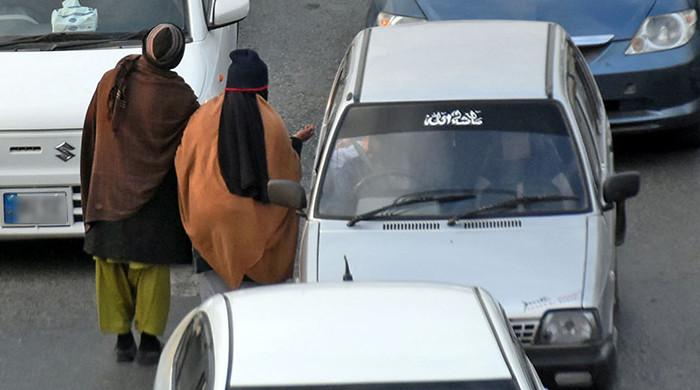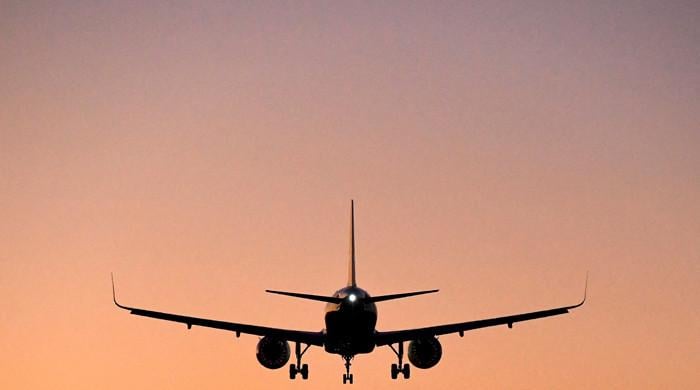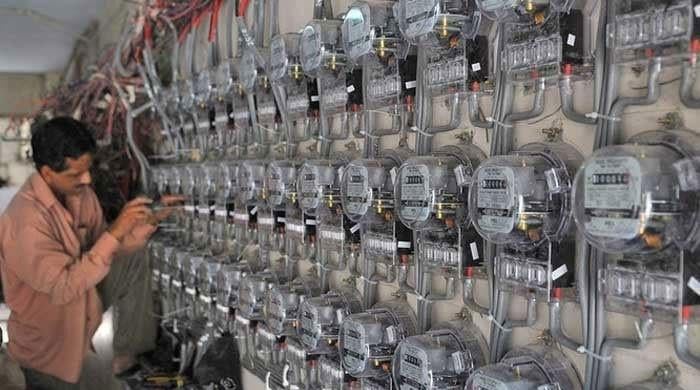IMF rebuts reports of asking Pakistan to arrange $8 billion
Clarification comes after reports claim IMF is seeking fresh financing from Pakistan to back external debt repayments
May 14, 2023
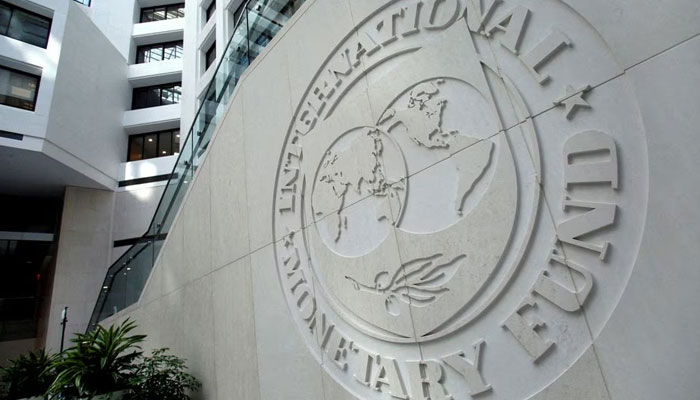
- Pérez Ruiz says IMF did not demand $8bn financing from Pakistan.
- Adds funding requirements had not changed throughout discussions.
- "IMF will continue to support assistance from Pakistan's stakeholders."
ISLAMABAD: The International Monetary Fund (IMF) has refuted reports claiming that the global lender asked Pakistan to further arrange $8 billion for the revival of the $6.5 billion bailout package.
"The IMF did not demand an $8 billion financing from Pakistan," global lender's resident representative in Pakistan Esther Pérez Ruiz said on Sunday. She added that it would continue to support financial assistance from Pakistan's stakeholders.
Ruiz said that Pakistan's external financing requirements have not been changed in talks with the IMF over bailout funds, denying local media reports that the Washington-based lender was seeking fresh financing.
She said that external funding requirements had not changed throughout the discussions, under a review that would unlock $1.1 billion in financing for the cash-strapped South Asian nation as part of a $6.5 billion IMF package.
The statement comes after local media reports claimed that the IMF was seeking fresh financing from the inflation-ridden nation to back external debt repayments in the next seven months.
It was reported that the lender has sought $8 billion after keeping in consideration all projected inflows and outflows for the May-December 2023 period.
The reports claimed that Pakistan did not accept the new demand put forward by the IMF, saying that the current programme will end in June 2023.
Pakistan and the IMF have been discussing fiscal policy measures in the review since February, aiming to resume stalled funding of $1.1 billion due in November from a $6.5-billion programme agreed in 2019.
On Thursday, the international lender reiterated that obtaining commitments on external financing from friendly countries would be essential before the IMF approves the release of bailout funds.
The United Arab Emirates (UAE), Saudi Arabia and China came to Pakistan's assistance in March and April with pledges that would cover some of the funding deficit.
Moreover, Minister for Finance and Revenue Ishaq Dar emphasised that Islamabad would not default, even if a stalled loan programme with the IMF was not revived.
Dar said “rumours” about Pakistan defaulting on its debt obligations should not be spread. “Whether [the deal with the] IMF is [there] or not, Pakistan will not default,” he asserted.
Ruiz further said that Pakistani authorities committed to the IMF during last month's spring meetings that they would not introduce the cross-subsidy scheme in the fiscal year 2023 or beyond. She said the scheme was "typically regressive and prone to abuse".
"The announced fuel cross-subsidy scheme raises new quasi-fiscal and balance of payments risks, and it is amenable to fraud," she said, in a separate text message to Reuters.
— Additional information from Reuters.




